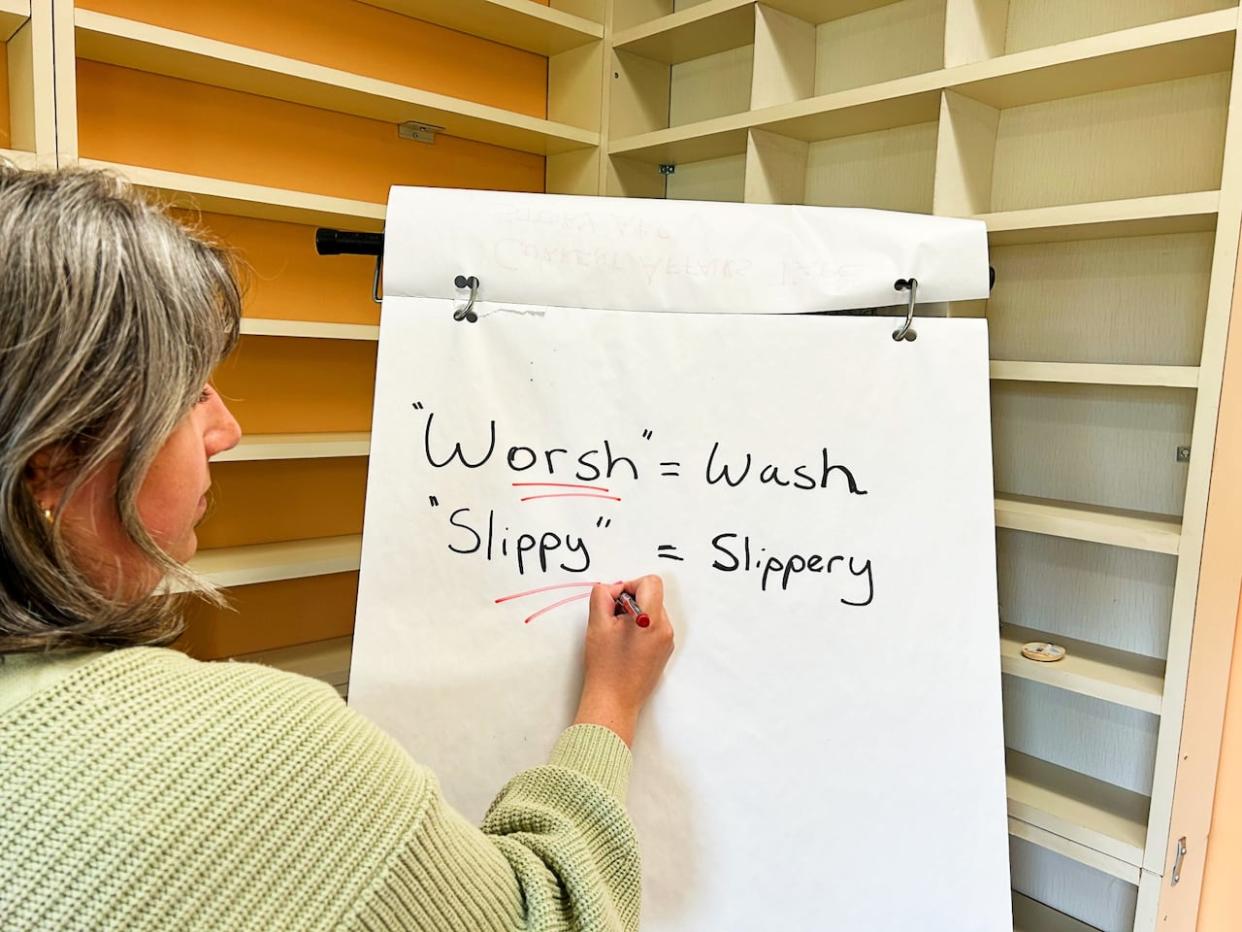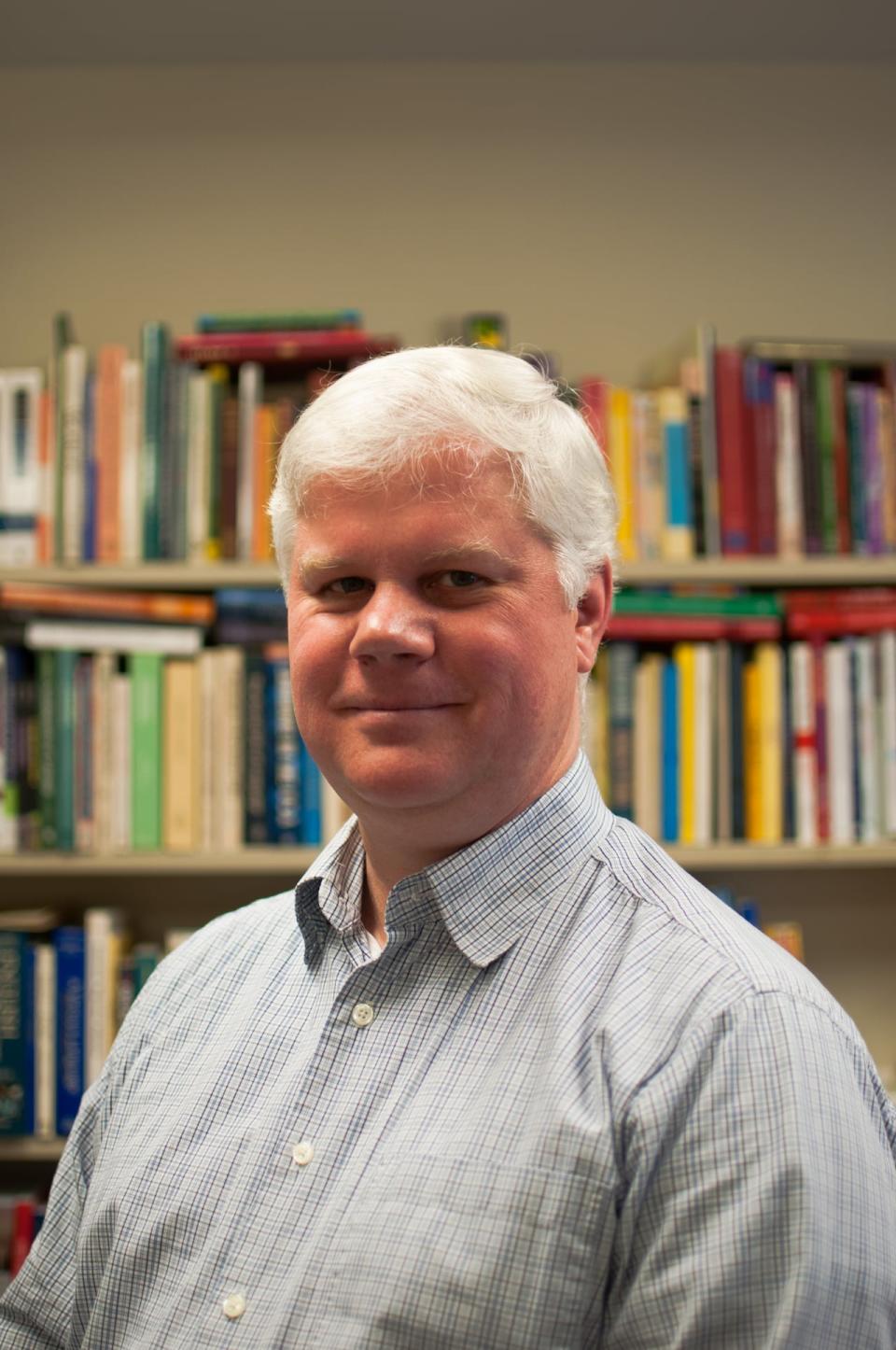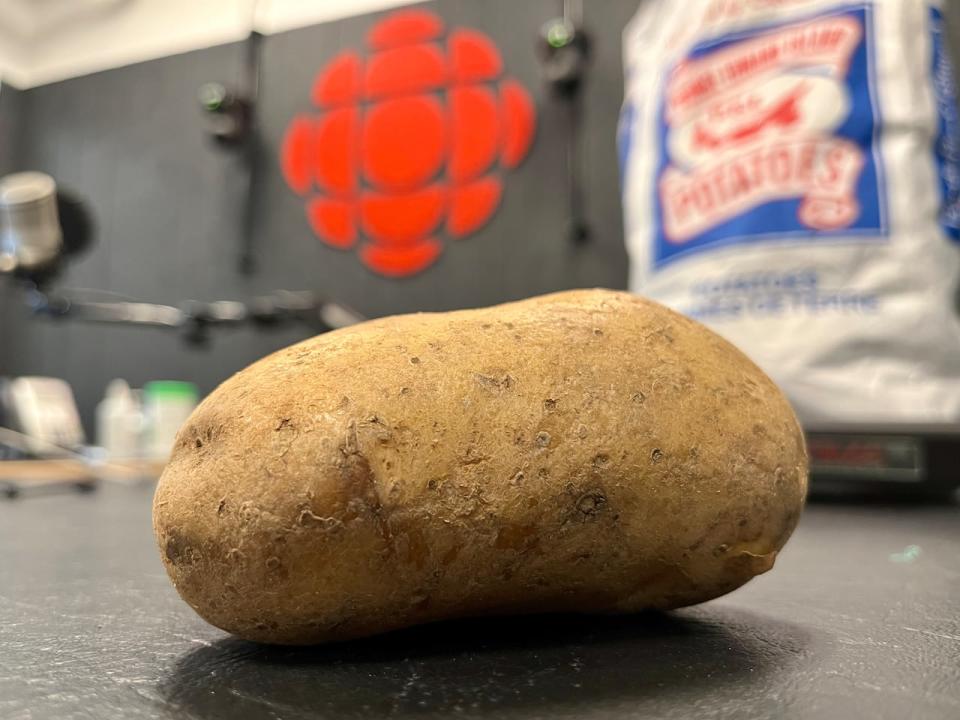'Magine that: P.E.I. dialect a source of pride and humility

This story is from this week's episode of the new CBC podcast Good Question, P.E.I.
Good Question, P.E.I. is available on the CBC Listen app, or wherever you get your podcasts.
If you "worsh" your car instead of wash it, eat "badadas," not potatoes, and drive "acrosst" the bridge, you might be from P.E.I.
And proud of it.
"It's this weird thing because Islanders have this pride and humility that they're trying to balance at the same time," said Cody MacKay, a CBC colleague who was born and raised in Summerside.
"Because when you speak with someone, you connect. You get them, right? And the pride is, like, you're so happy, you're proud of where you're from, proud of being an Islander."
But could that quaint accent and dialect be a sign of a lack of sophistication when, say, you're interviewing for a job in, say, Ottawa?
It's a slippy slope.
"Many people have a sensitivity about their social prestige and the degree to which, you know, others admire them or disparage them in various ways, and language is an important part of that," said Charles Boberg, a professor of linguistics at McGill University in Montreal who is researching distinctive dialects across the country.

Charles Boberg, who is researching distinctive dialects across the country, says much of the P.E.I. dialect can be traced to its Scottish roots. (Submitted by Charles Boberg)
Boberg explained that there are various standard and non-standard ways of speaking, depending on where you're from. Rural non-standards have the reputation of being "charming or quaint," he said, while urban non-standards are often disparaged as "lazy or ignorant."
"But in both cases people may feel a sort of self-assessed sense of shame, I suppose in an extreme case of speaking a certain way, because it suggests that they, you know, haven't received as much formal education as someone else," he said.
Boberg's comments are part of Episode 13 of the CBC podcast Good Question, P.E.I. Host Nicola MacLeod reached out after receiving a question about the distinct P.E.I. dialect, specifically how the letter R made its way into words like wash and Chicago.
Other CBC colleagues such as MacKay chimed in about their favourite Island-isms.
They say their accents come out more strongly when they're speaking with fellow Islanders. Some letters are dropped — imagine becomes 'magine, for example — and others are added, like the T in across.
Boberg said much of the P.E.I. dialect can be traced to its Scottish roots. But some words, like "worsh," are not unique to the Island. It's been heard in Pennsylvania, West Virginia and, ahem, Warshington, D.C.
"I can only imagine that it must have come into P.E.I. from the loyalists," Boberg said.

That's some good-looking 'badada.' (Jane Robertson/CBC)
"Acrosst" was a word Boberg heard a lot when he studied in Philadelphia. He said new words sometimes form when tenses get mixed up.
"So if you say, 'I crossed a field' and then, 'I went across the field,' you can see how people would maybe get a little confused as to whether there should be a T sound or not at the end."
Boberg said language is always changing, but the more isolated a region, the more likely its dialect will be preserved.
"People talk most like the other people they talk to. So, like their peer group," he said. "As children, we grow up with a certain peer group and we learn to talk like that peer group."
So it appears words like "worsh" and "slippy" will be spoken for years to come.
'Magine that.
Have a question for an episode? Good Question, P.E.I. wants to hear from you!
Email goodquestionpei@cbc.ca or call our Talkback line at 1-800-680-1898.
More stories from the Good Question, P.E.I. podcast:


